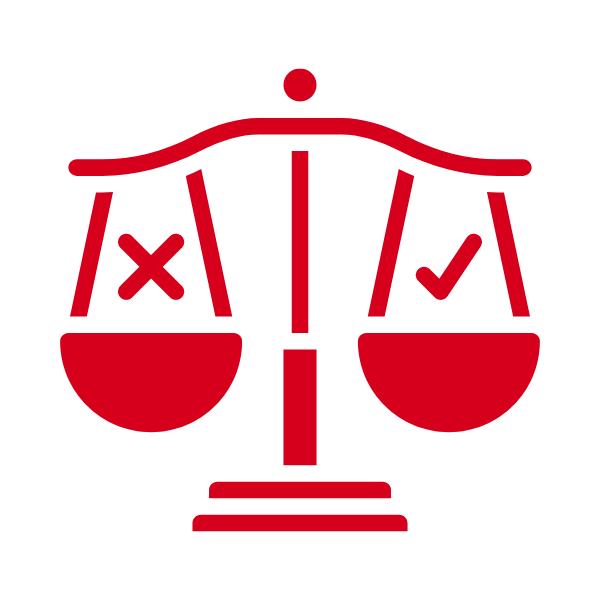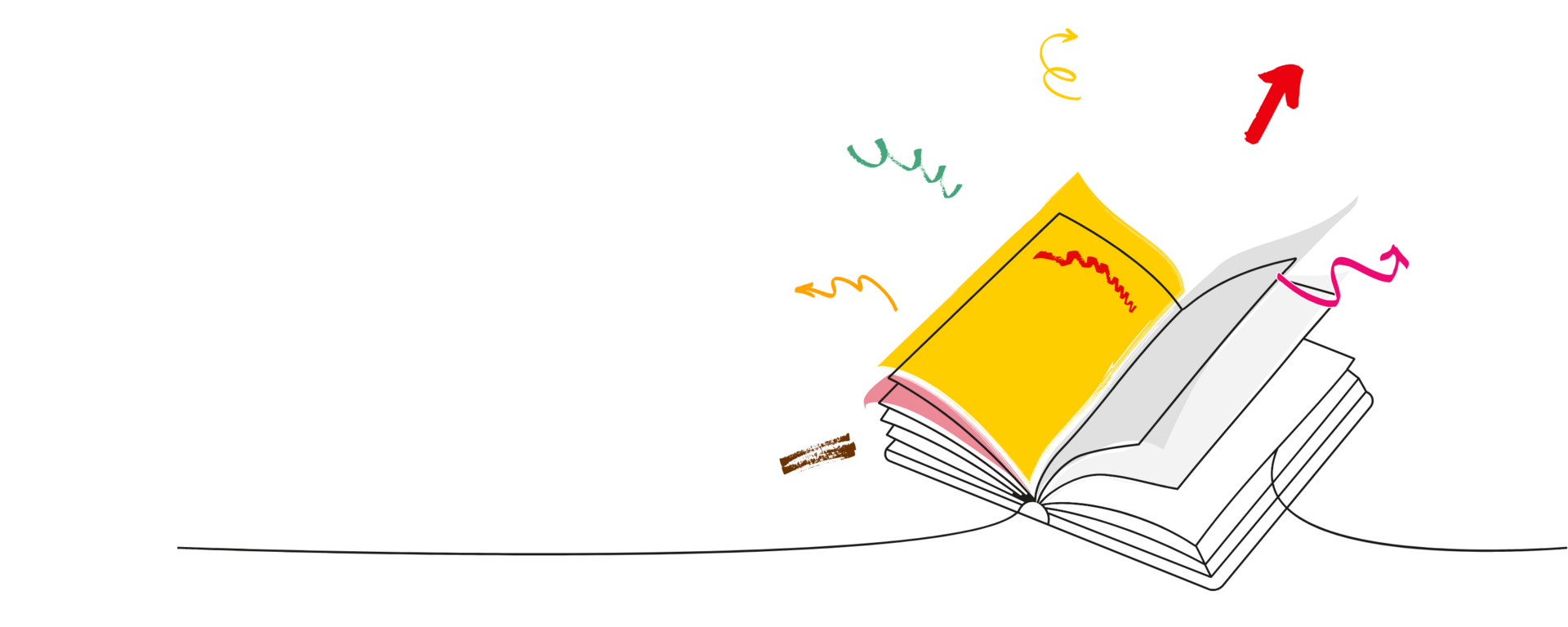Application principles
The University of Calgary Teaching & Learning Grants proposal form provides applicants an opportunity to discuss how their projects align with key principles of Scholarship of Teaching and Learning. These include:
- Grounding the project in the University of Calgary teaching and learning context, including alignment of the project to UCalgary strategic initiatives and focus areas.
- Describing how existing scholarship informs the proposed project, such as questions, approaches, and methodology.
- Ethically grounded and sound methodologies.
- Student partnership.
- Sharing of learning, and local impact on student learning experience.
- Equity, diversity, inclusion, and accessibility.
Additional information is provided for key components of the proposal in the following sections:
Preparing your application
- Begin assembling your application using the Application Overview.
- Review your submission alongside the 2026 Rubric.
- Complete the budget summary template and the spending timeline template
- Ensure no identifying information is present in sections that will be shared with the adjudication committee prior to submission.
- Apply using the button below. Be sure to review instructions for using the new online platform.

Student Involvement
Including students as co-investigators in the scholarship of teaching and learning has been shown to have tremendous potential to increase the impact of our work. We strongly encourage applicants to consider how to engage students directly in the research process to bring their perspectives to bear on the work, and we ask applicants to explain their approach to student engagement in their application.

Equity, Diversity, Inclusion and Accessibility
The TI and the University of Calgary recognize that diversity benefits and enriches the work, learning and research experiences of the entire campus and greater community. We are committed to removing barriers encountered by individuals from underrepresented groups. We therefore require applicants to explain how they have considered principles of equity, diversity and inclusion in the design of their research and in the composition of their research teams. An excellent discussion of these principles in research can be found here. While this information was designed for applicants to federally funded Tri-Council programs, it applies equally to TI initiatives.

Ethics in the Scholarship of Teaching and Learning
University of Calgary Teaching & Learning Grant applicants should carefully consider and reflect on the ethics of their proposed work. In particular, grant applicants whose research plans involve studying students and/or students’ work are strongly encouraged to consult the TI’s Ethics in Scholarship of Teaching and Learning Guide.
Prior to full release of funds, you will need to have your proposed work reviewed by the appropriate University of Calgary Human Research Ethics Board (REB) and provide either an REB certificate or a letter of exemption to the RSO office. Grant applicants are advised to complete ethics training and initiate the ethics certification process early.
Information on Human Research Ethics at the University of Calgary can be found here.
Budget Guidelines and Recommendations
A key goal of the Teaching and Learning Grants program is to support initiatives that will contribute to enhanced teaching, learning, and student experience over the long term. When preparing their budget, applicants are asked to describe how the design of their project and their dissemination activities will allow the impact and outcomes of their project to be felt by learners beyond the funding period of the project.
University of Calgary teaching and learning grant funds are distributed through Research Services Office (RSO) and grant funds should be used in alignment with the project’s approved budget. All grant spending must adhere to University of Calgary policies and rules (see links below). Small modifications and adjustments to the budget are expected during the course of a project.
Applicants should consult the recommendations and guidelines below when preparing their project budget.
Budget Recommendations
- A description of each expense, with itemized estimates for individual costs and purchases (e.g., registration fees, hospitality, hourly rate for research assistant).
- A brief rationale for every expenditure, explaining how it supports the project’s goals and inquiry, and student partnership where relevant. Please include information on how any equipment, material, or hardware purchases will be used after the project’s completion.
- Two year projects can request up to $10,000 (with no emerging scholars listed as co-applicants) or up to $15,000 (with at least one co-applicant being an emerging scholar).
- Three year projects can request up to $40,000 (with no emerging scholars listed as co-applicants) or up to $45,000 (with at least one co-applicant being an emerging scholar).
- Emerging Scholar $5000 Incentive – In an effort to encourage scholars to develop their skills in research and scholarship around teaching and learning, we are providing an Emerging Scholar incentive of $5,000 for successful applications that include graduate students, academic staff, support staff, or postdoctoral scholars as co-applicants. This individual must be new to the Teaching and Learning Grants program and not have received one previously.
This incentive can be used for any eligible grant expense. This is in addition to the specified award amount for two-year grants ($10,000) and three-year grants ($40,000). If you apply for this incentive, please ensure that you incorporate the $5,000 into your budget request and total funds requested.
- Hiring a student research assistant as partners in the project (see below for recommendations).
- Indigenous honoraria, protocols, and gifts.
- Travel and conference registration fees to share project findings (see below for stipulations).
- Travel and associated costs for community-engaged work.
- Paying open-access publication fees (see below for stipulations).
- Fees to complete relevant training, workshops, or professional development.
- Research participant incentives (e.g., gift cards). Please consult with the appropriate University of Calgary Research Ethics Board.
- Hiring a transcriptionist, communications consultant, artist, videographer, or other consultants essential to completion of the project (see list of UCalgary approved transcription services at https://libguides.ucalgary.ca/c.php?g=709222&p=5052798).
- Purchase or rental of materials, supplies, printing, communications, hardware, equipment, or software licenses required for completion of the project. Please provide a justification for why equipment or hardware is needed and how non-expendable materials will be used after the completion of the project.
- Supplying hospitality, catering, or renting a venue for a gathering or event.
Awards are announced in March. Spending must be complete before the fiscal year end (March 31) of the project’s final year.
Full budget funding will be released after your project has undergone ethics review and you have completed the required paperwork to set-up a project with the Research Services Office. Early release of funds can be available for projects prior to research ethics approval. These funds can be used to support expenses related to the project that do not require research ethics approval (e.g., hiring a student to support with project design and the research ethics application process).
Project creation and funds transfer typically takes 6 weeks, but can take longer. We recommend beginning this process as soon as awards are announced. You can begin recruitment for student hires as soon as awards are announced, but will not be able to pay students until the project is created and funds transferred.
We recommend that applicants include in-kind contributions in support of work proposed in the application that will be supported through other sources (as a request of $0 in the grant budget). For example, if you are proposing to share work at conferences, you can include in your budget that you plan to cover some or all of the expenses through Professional Expense Reimbursement (https://www.ucalgary.ca/hr/work-compensation/working-ucalgary/expenses-reimbursement/professional-expense-reimbursement). Including these in-kind contributions can help adjudicators assess the feasibility of your proposed project, and the alignment of project goals with the proposed budget. Funding from your department, academic unit, or other sources can also be included in the budget as in-kind.
Budget Guidelines
The following are ineligible for funding through the University of Calgary Teaching and Learning Grants:
- Costs normally budgeted by University of Calgary units or services offered by the university (e.g., office space, departmental administrative support).
- Costs associated with student course fees (e.g., student costs with field trips, tuition reimbursement, etc.).
- Salaries, wages, or compensation for full-time employees of the University of Calgary.
- Employing Teaching Assistants for timetabled courses.
- Principal Grant Holders may not pay themselves.
- Journal subscriptions or professional memberships.
- Creation of sub-grants.
- Purchasing equipment or supplies normally supplied by the University.
We strongly recommend (but don’t require) hiring a student research assistant to assist with the project. To support students’ development as teachers and researchers and to inform how we conduct research into teaching and learning, we encourage involving student research assistants (Ras) not just as support but as co-inquirers or fellow members of the research team (i.e., more fully understanding the teaching and learning context, providing a student’s perspective throughout the project, planning and designing the project, gathering and analyzing evidence, disseminating findings by co-authoring and/or co-presenting).
In the budget justification, please specify the RA’s types of activities, wages, and the number of hours. We recommend including an additional 20% to the hourly rate to account for mandatory employment-related costs. We recommend a minimum rate of $25/hour for undergraduates, $30/hour for graduate students, and $35 for PhD students. Please contact Uservice or your HR partners for information on student hiring processes.
A maximum of 30% of the budget may cover conference travel and registration fees to learn about teaching and learning or to present a project’s findings. Travel costs must be approved by the university. Requests for travel-related budget items should be accompanied by a strong rationale for their relevance to the project. If students as partners are involved in your project, we recommend including them in plans for sharing knowledge.
A maximum of 30% of the budget may be allocated to disseminate findings, such as open-access publication fees or page charges.
Requests for course releases must have the explicit approval of the relevant leadership in your academic unit (e.g., department and/or Dean). If a teaching release is included, the cost of that release must be included and justified in the budget.
Applicant Support
Consultation Sessions
Applicants can book an appointment to discuss their proposal projects with a Teaching and Learning Academic Staff member.
Email TLgrants@ucalgary.ca book a consultation.
For support in reviewing the literature and methodological approaches, please reach out to the TFDL SoTL specialist directly via email.
Resources and Workshops
We recommend the Introduction to Scholarship of Teaching & Learning online module, including key principles for study design and ethical considerations.
Please check out the TI Resource Library for more resources, and the TI Course Calendar for more workshop offerings.
Accessing the new application platform
For applicants and reviewers, please refer to the instructions below when accessing the new platform. If you require assistance or have questions about the new platform, please contact us directly.
Internal Peer Feedback
Applications submitted to the internal review process by the deadline for peer review are delegated to a colleague experienced with Teaching and Learning Grants program applications and adjudication, and provide suggestions for revisions before the final submission deadline.
Please note that making the suggested revisions does not guarantee success of the application in the adjudication process; rather this process is offered as an opportunity for semi-formal feedback only.
Open Educational Resources (OER) Supports
If you have questions about OER, please view the resource guide. If you would like to discuss OER with a libraries and cultural services staff member, please contact them using this form.
** We encourage applicants to reach out to their unit’s Associate Dean Teaching and Learning (or equivalent) for support during the application process.
Relevant UCalgary Handbooks and Policies
Teaching and Learning Grants are internal grants and are subject to UCalgary finance policy and procedures.
Applicants should consult their appropriate department administrator, HR advisor, finance partner and the following relevant handbooks and policies.

